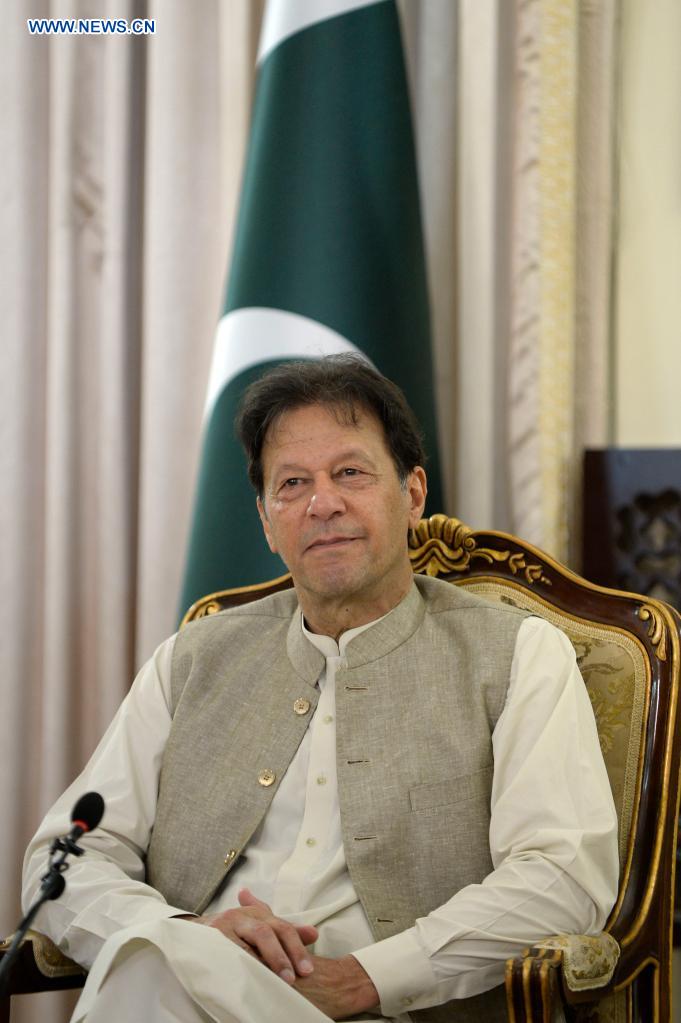Gratitude: Cultivating Thankfulness
By Clare Erasmus

With family and friends living in the United States of America, I am always interested in hearing how they celebrate Thanksgiving in November. This highly anticipated celebration commands a federal holiday for them. In my article this month, I explore the concept and practice of gratitude and how it shapes our lives and the lives of those around us.
While there are various roots of the American Thanksgiving tradition, my friend Joe Allert, an American, explained that the roots of this celebration that he was most familiar with have mostly been linked to marking the harvest and giving thanks.
This special Thanksgiving holiday draws families from near and far together, and delicious feasts are prepared and shared. There are many other ways that the holiday is observed. Some people engage in charity initiatives, and some attend special church services. Charity endeavours sometimes include preparing meals for the homeless and community outreach projects such as collecting food and clothing. In most instances, friends and families draw nearer to spend good quality time together.
The whole concept of thanksgiving got me thinking about gratitude. Growing up, I remember my mother who would remind me to ‘always count my blessings.’
What is gratitude?
So what exactly is gratitude? Derived from the Latin word, ‘gratia’, referring to graciousness, the online Collins Dictionary defines gratitude as ‘the state of feeling grateful.’ The synonyms it refers to are thankfulness, thanks and recognition.
For Emmons and McCollough (2003), gratitude is challenging to classify as
“It has been conceptualized as an emotion, an attitude, a moral virtue, a habit, a personality trait, or a coping response” (p.377).
Why is gratitude so important?
In reviewing literature located in the discipline of positive psychology, a common thread is that gratitude is robustly associated with greater happiness. Gratitude enables people to manifest more positive emotions and has positive gains for our health! Gratitude also lends itself to establishing and maintaining strong, positive relationships. Leading psychologist and academic, Dr Martin Seligman talks about how gratitude is felt and expressed. He directs our attention to understanding it in the past, the present and the future. When referring to the past, he indicates to looking at past memories and blessings. For the present, he refers tp gratitude being expressed by being grateful for what unfolds in our lives currently, and when referring to the future, he associates gratitude in our ability to feel and express optimism and hope.
In research conducted by Dr Robert Emmons and Dr Michael McCullough (2003), research participants were put into three groupings. The first group were asked to write a few sentences each week about things that they had been grateful for that week. The second group were asked to write a few sentences and record their daily irritations, and the third group were asked to also write a few sentences to record neutral life events that affected them (not specifying whether they had to be positive or negative). Ten weeks later, the first group of participants who recorded things they were grateful for, were overall more positive, optimistic, were exercising more and appeared to be healthier than those in the group that recorded their daily irritations.
There is a certain kind of reciprocity that is inextricably positioned within gratitude, and there is no doubt that gratitude contagiously cultivates and breeds more gratitude. Simon Sinek, one of my greatest inspirations, notes that gratitude connects us. In a recent article, Beheshti (2019) refers to the practice of ‘upstream reciprocity.’ Essentially what this means is that when one is acknowledged with an act of gratitude, as in the receiving end of gratitude, that person, in turn, shows a third person an act of gratitude and so a ripple effect emerges. Gratitude is contagious! Emmons (2009) points out that while participating in an act of gratitude, there is a humble realisation of interdependence.
How can we show Gratitude?
Here are a few ideas to help cultivate gratitude:-
- Write short thank you note to express appreciation. Cite how this person or group of people made a difference in your life and make it clear what you are grateful for.
- Make a public acknowledgement about something or someone that you are grateful for.
- Speak about gratitude with your family each day.
- Keep a gratitude journal; write an entry each morning and each evening.
- Give out compliments to others.
- Do something thoughtful for someone you’re grateful for.
- Be ‘the calm’ when in a stressful situation.
Let’s Grow the Reciprocity of Gratitude.
In understanding the power of gratitude, let’s empower ourselves and others to make the difference. Let’s grow our social cohesion amongst ourselves, building stronger communities, showing deliberate acts of kindness in acknowledging each other with gratitude. The contagious expressions of gratitude are sure to yield much positivity.
References
Beheshti, N (2019) Upstream Reciprocity: How Gratitude Can Improve Your Organization’s Teamwork And Culture, accessed 1 December 2019, https://www.forbes.com/sites/nazbeheshti
Emmons, R 2009, Gratitude, pp. 773–777
Emmons, RA & McCullough, ME 2003, ‘Counting Blessings Versus Burdens: An Experimental Investigation of Gratitude and Subjective Well-Being in Daily Life’, Journal of Personality and Social Psychology, vol. 84, no. 2, pp. 377–389.
Seligman, MEP 2013, Flourish : a visionary new understanding of happiness and well-being, 1st Atria paperback ed., Atria, New York.
About the Author
Clare is an author and educator, living locally in Christchurch. She has written books for both educators and children. She has a Bachelor of Arts (Sociology and Legal Studies), Bachelor of Arts Honours (Sociology), Masters of Social Science, Bachelor of Education, Certificates in both TEFL and TESOL and is currently undertaking her PhD in Education.









